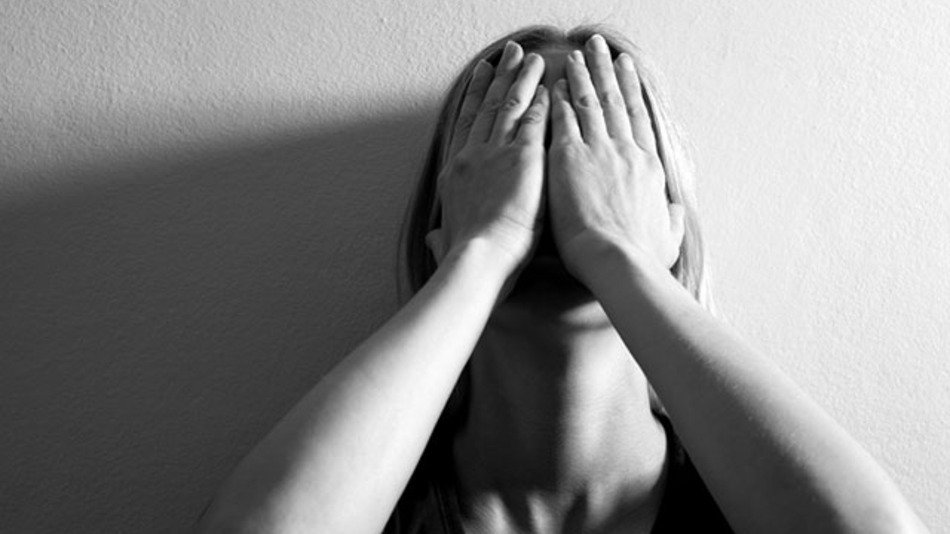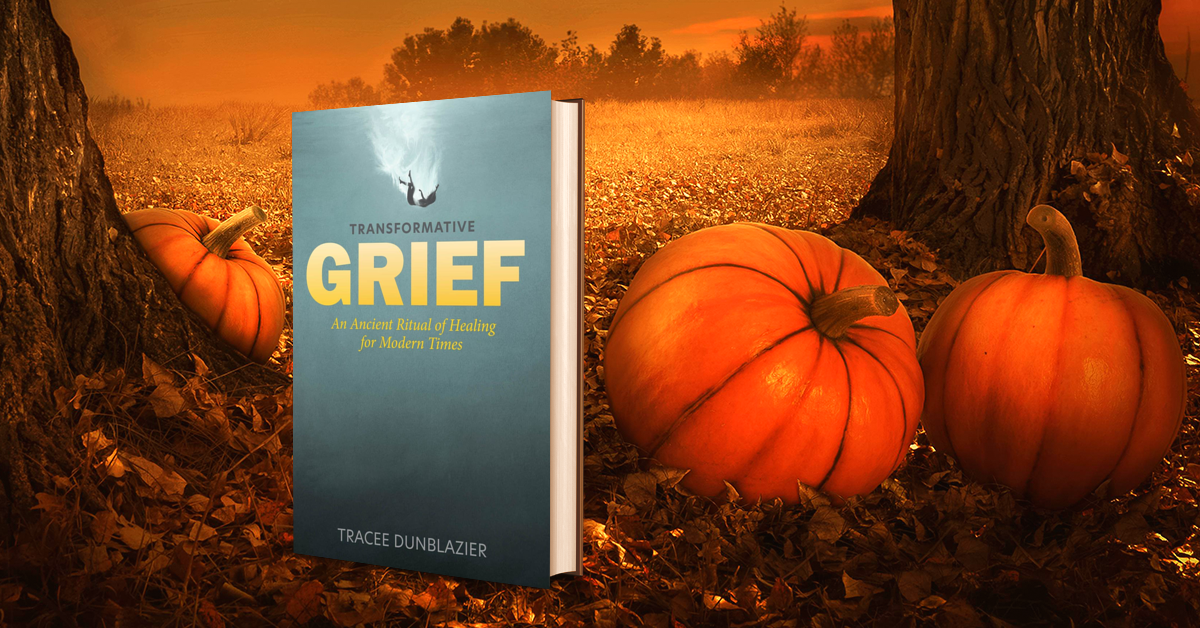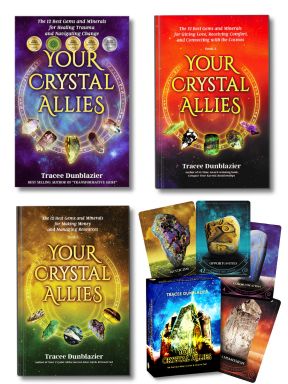
“Reality is just a crutch for people who can’t handle drugs.”
― Robin McLaurin Williams
Addiction’s become the buzz word of the twenty-first century, it seems like everyone you meet’s been to rehab. There are so many stereotypical images of addiction we’ve come across: a member of the local homeless crowd or someone who’s strung out on Meth, Crack, Heroin, or Oxy. Maybe an alcoholic that we’re related to, and don’t forget the movie stars. They’ve all been to rehab at least once, or so the media would have you believe. Well, what if those images are just the tip of the iceberg? What if addiction begins somewhere we can’t see?
If you’re in recovery yourself then you know addiction is a multi-faceted condition that impacts everyone: friends, family, co-workers, and the federal government. To whom many indigent addicts turn, to pay for their rehabilitation. The natural image of addiction that’s programmed into our heads of those who suffer from extreme substance abuse, gambling, or porn. The very definition of addiction refers to a behavior in life that has become so out of control that one’s life is no longer manageable.
But what about the rest of us? Changing your outer view of addiction can go a long way in helping to transform the patterns that no longer serve you.
The truth is: those images of life-long addicts really, only account for a low percentage of people who struggle with addictive tendencies. Some studies say approximately 3 out of 4 people will manage their relationship to substances and eventually quit on their own without professional help.
We are all born with the spiritual patterns that can determine addiction. How you deal with those patterns is based on your ability, opportunity, and willingness to do the spiritual, mental, and emotional work necessary to process the underlying grief that generates them. Yes, that’s right, I said grief generates addiction.
“We suffer the most about the things that we have the least awareness of. “
—Master Your Inner World: Embrace Your Power with Joy
Every day, we address multiple layers of our own grief and the grief of others. Grief is layered. It’s our emotional response to loss on any level: mental, emotional, spiritual, or physical. Perceived loss is mental, emotional or spiritual loss. One of the nifty tricks our spirit has of helping us to see ourselves is to attract things to our outer world that most closely identify what personifies our inner world. So, we tend to pay attention to the grief and suffering of others which naturally for a time, compounds our own. This is the automatic repetitive cycle addicts seek to cover up or manage with their addiction of choice. The problem is, anesthetizing the problem only prolongs it.
Here are seven goals to transform your addictive patterns and process your grief:
Let go of thinking others control your life: You are the only one that controls your life. Now, don’t get me wrong— this belief can cause enormous stress and change, but to innovate this thinking will strengthen you in every way. For example, work. Maybe you lost your job and don’t have the skills for the job that’s available to you? That can feel like you’re at the mercy of your community and what they can provide.
The truth is: What’s not available to you isn’t yours for the time. Adjust your focus to asking the question: What’s the best way for me to make money now? Your world will present to you the possibilities and start you on a new path.
Consider that you’ll get more support while being openly independent: Often, feeling isolated and alone is at the helm of addiction. The consistent focus on the need for others or being needed by them. The truth is: We are all one in spirit. Not in body. Each body must learn and be nurtured to do for themselves first, and then to do for others. The more you feel you need help from others is the time to find the courage and strength to get what you need for yourself.
Learn to champion yourself: Standing up for yourself could very well be the most valuable thing you ever learn to do. Victimization is best friends with addiction and your goal is to understand why you feel victimized. Tracing it back to its origin and then feeling the pain it caused. Doing this will empower you to take the actions that will avoid those same original circumstances.
Practice being brave in your communication with others: It’s a natural response to vacate a situation where you don’t know what comes next, but fight or flight is for survival purposes only. Teaching yourself to think through hard feelings and give them voice will ultimately help you communicate your feelings and needs to others. Telling it like it is can be the beginning of your freedom.
Acknowledge anger as a message pointing to an unmet need: The purpose of anger is to bring to the surface unprocessed grief and show what you must learn to give yourself. Most importantly, anger is not permanent. If anger persists, you’re not getting its message. For example: Getting angry because you feel disrespected by others is showing you how you may not be respecting yourself or communicating your needs.
Embrace accountability: What I’ve found in my own spiritual practice and working with clients is being accountable for your thoughts, feelings, and actions—builds trust. Trusting yourself to get all your needs met allows you to attract and nurture relationships not created out of need. There will always be give and take in relationship to others but freeing yourself from the disappointment that need creates is a lot more fun.
“The good news is that when you embrace the process of discovery, your path becomes fun, exhilarating, and—at times—awe-inspiring.”
—Master Your Inner World: Embrace Your Power with Joy








